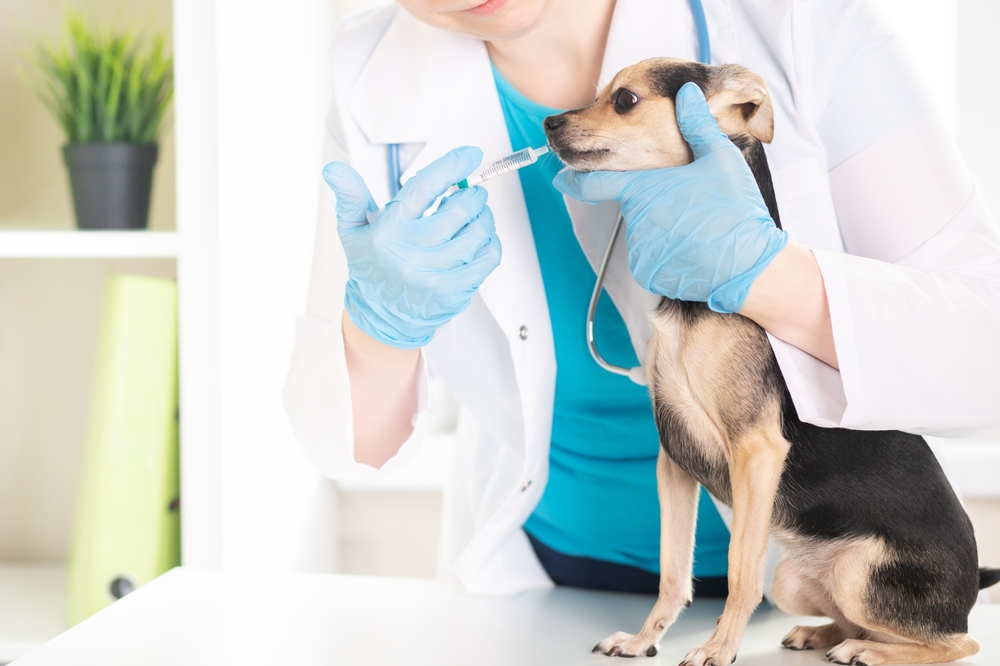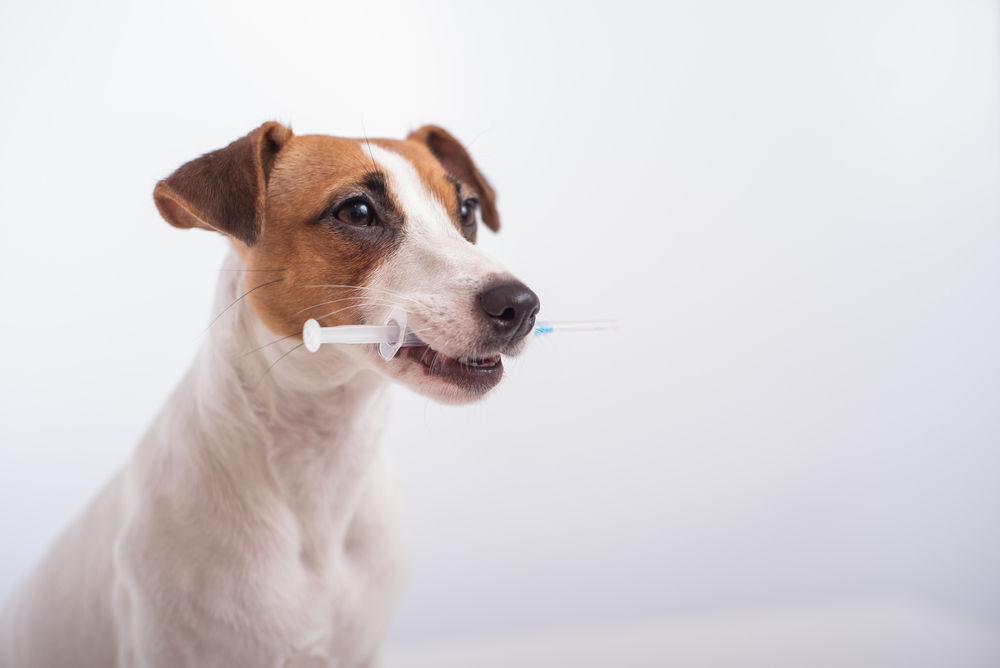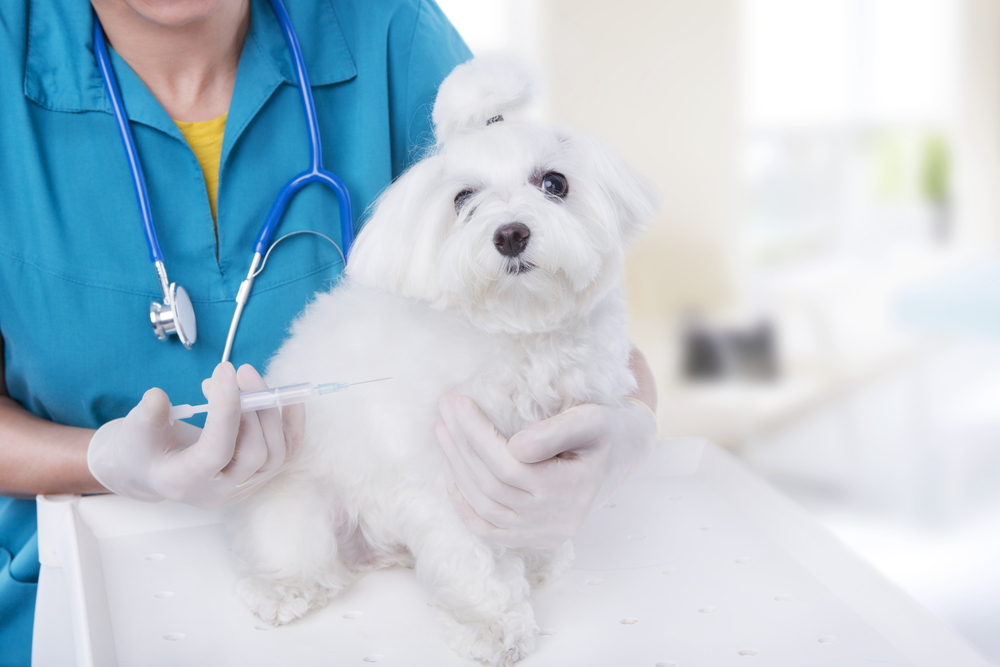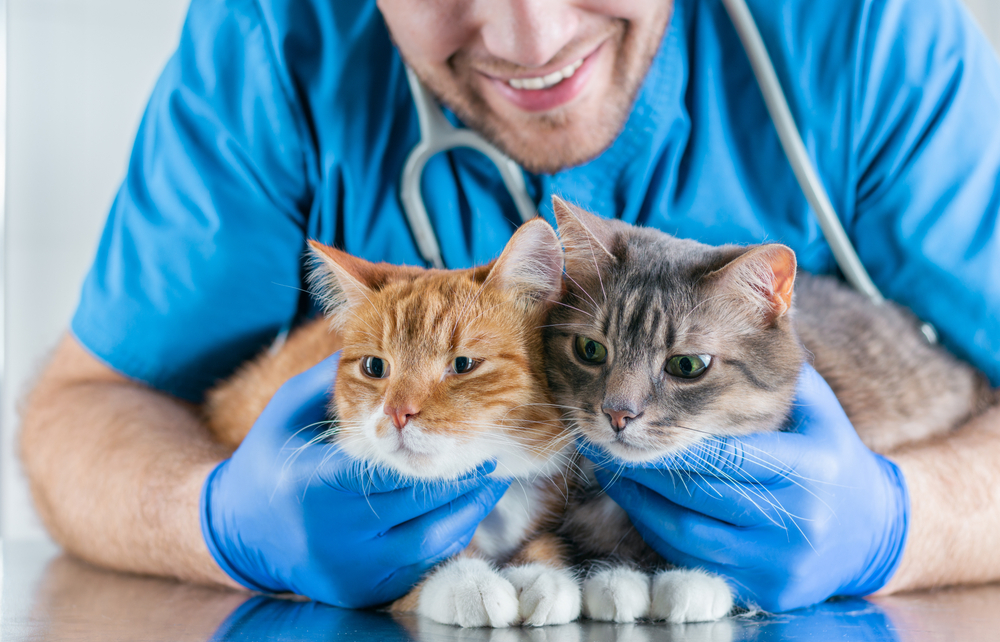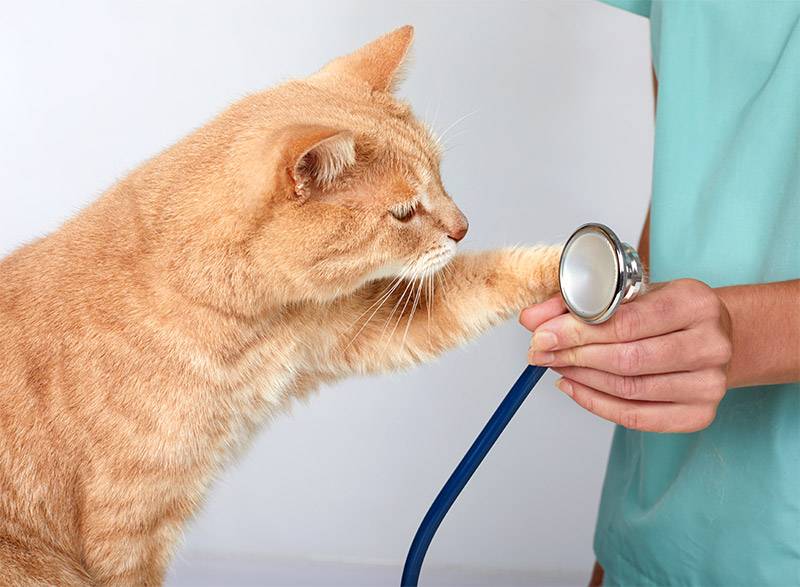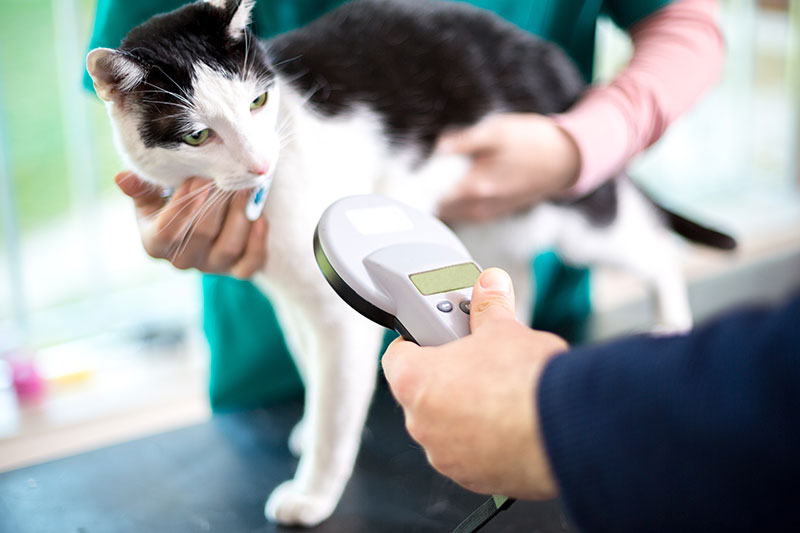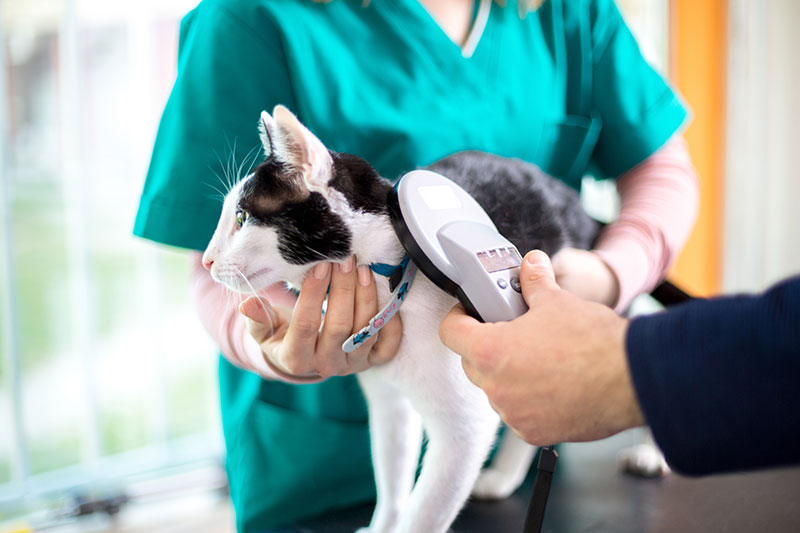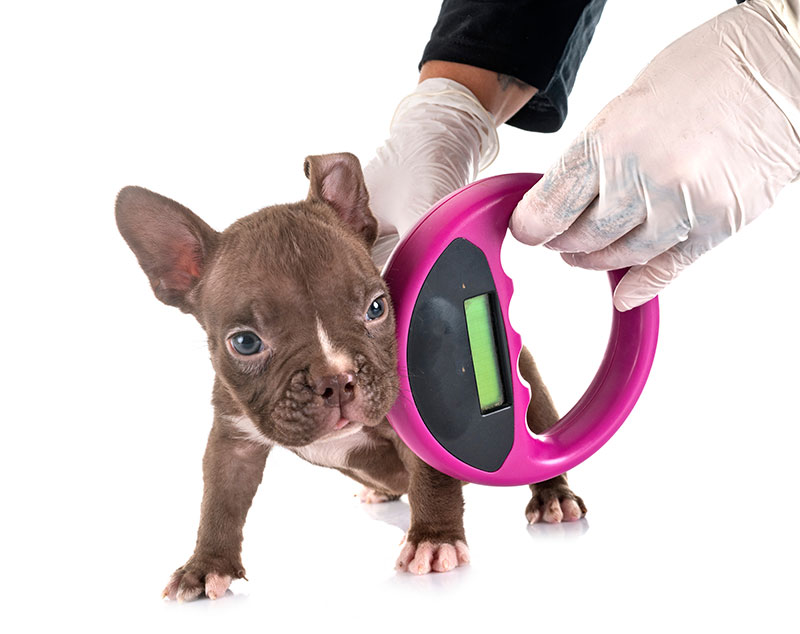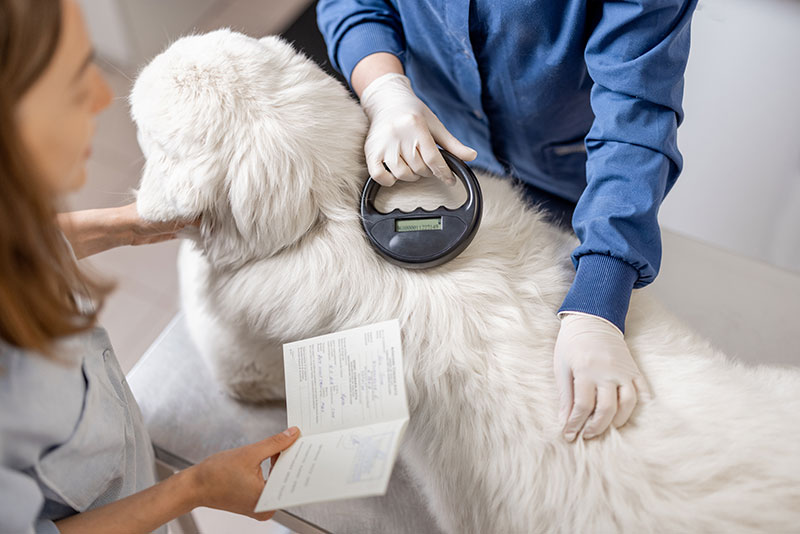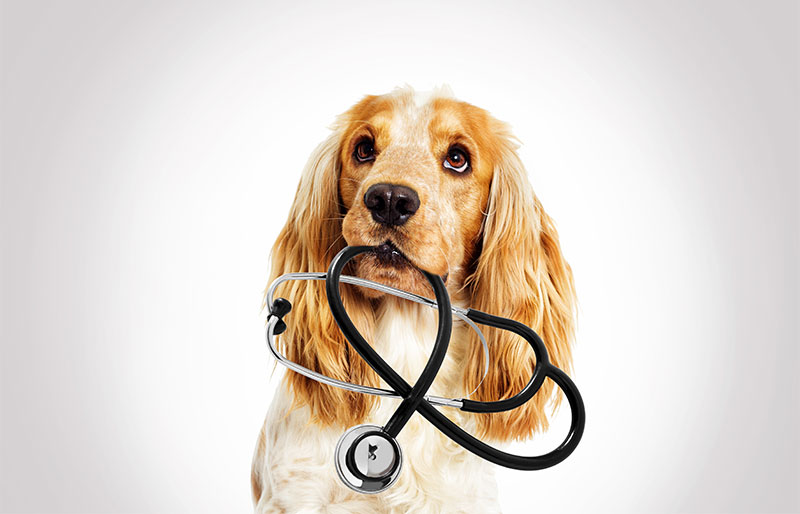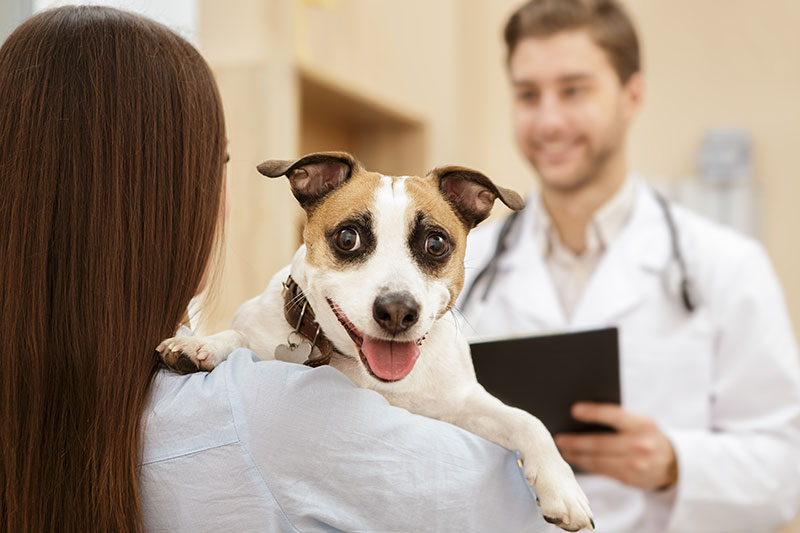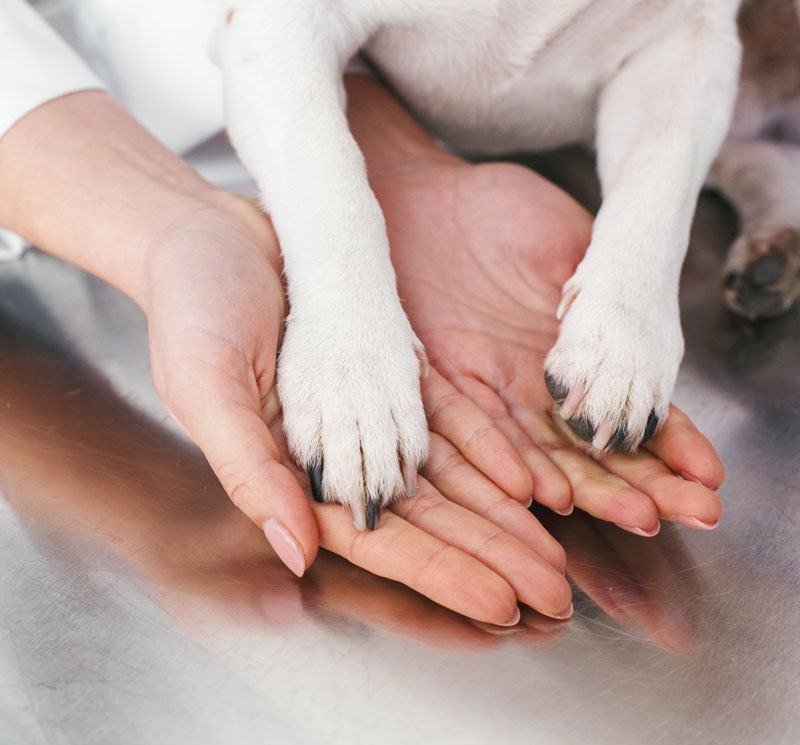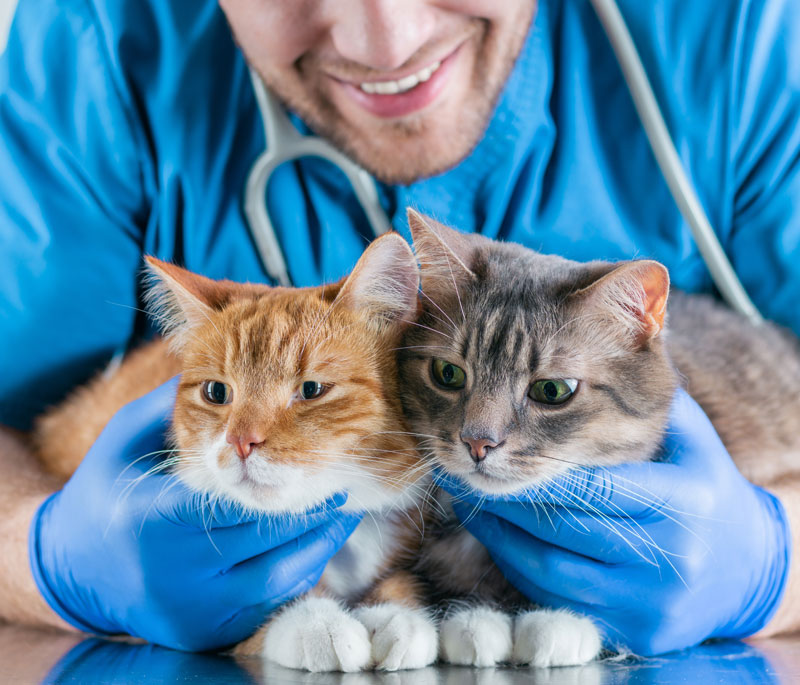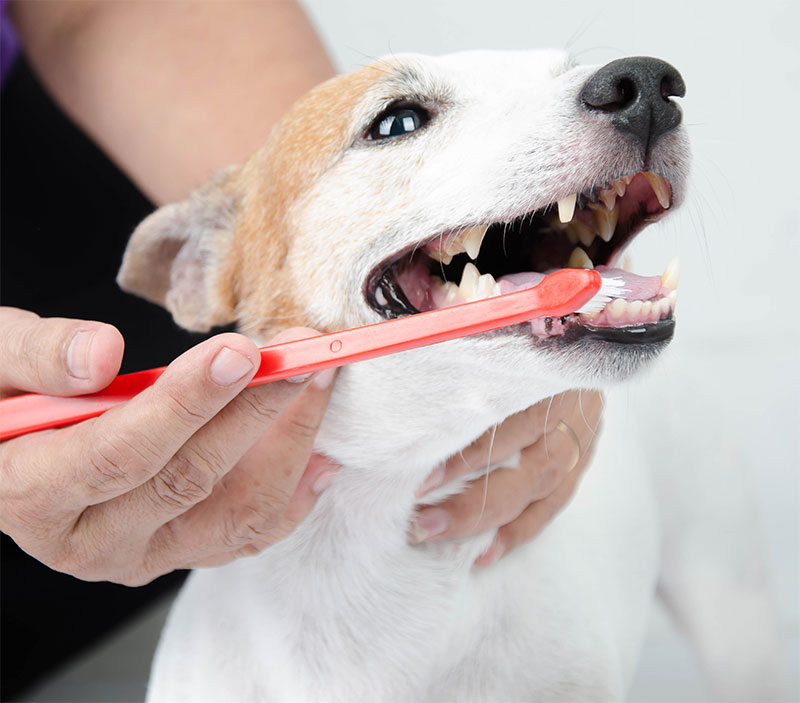The Crucial Role of Spaying and Neutering in Ensuring Our Pets' Health and Happiness
Being a responsible pet owner goes beyond providing food, shelter, and love to our furry companions. It involves actively taking steps to ensure their overall well-being and promoting a long, healthy life. One essential aspect of responsible pet ownership is the decision to spay or neuter your pets. This proactive measure not only contributes to controlling the pet population but also plays a pivotal role in maintaining your pet’s health and vitality.


Understanding Spaying and Neutering
Spaying and neutering are surgical procedures performed to sterilize pets, preventing them from reproducing. In females, the procedure is called spaying, involving the removal of the ovaries and usually the uterus. In males, it is referred to as neutering, where the testicles are removed. These surgeries are routine, safe, and offer numerous benefits to both pets and their owners.
Health Benefits of Spaying & Neutering Your Pets
Prevention of Unwanted Pregnancies
Spaying eliminates the risk of unplanned pregnancies in female pets, preventing the challenges associated with caring for litters and the burden on already overcrowded shelters.
Reduced Risk of Certain Cancers
Spaying and neutering significantly decrease the likelihood of various cancers, such as mammary tumors in females and testicular cancer in males.
Behavioral Improvements
Neutering male pets often results in reduced aggression, marking, and roaming tendencies, leading to a more well-behaved and content companion.

Elimination of Heat Cycles
Spaying eliminates the heat cycles in females, preventing the associated behaviors such as restlessness, excessive vocalization, and attracting unwanted attention from male pets.
Improved Longevity
Studies show that spayed and neutered pets tend to live longer, healthier lives, benefiting from a reduced risk of certain diseases and accidents associated with mating behaviors.
Encouraging Responsible Pet Ownership for Pets in Mobile, Alabama
For pet owners in Mobile, Alabama, taking the proactive step of spaying or neutering your pets is made easy at Wesson Animal Clinic. Our reputable clinic is committed to providing compassionate and high-quality care for pets, ensuring that the process is not only beneficial but also safe.

Why Choose Wesson Animal Clinic?
• Expertise: Our clinic boasts experienced veterinary professionals who specialize in spaying and neutering procedures.
• Compassionate Care: Wesson Animal Clinic prioritizes the well-being and comfort of your pets, ensuring a stress-free experience.
• Affordability: Recognizing the importance of these procedures, our clinic offers cost-effective options for pet owners including 25% of your pets’ very first visit.
Promoting Responsible Pet Care: Secure a Healthier Future for Your Pets – Book Their Spay or Neuter Appointment Now with Wesson Animal Clinic!
Being a responsible pet owner involves more than just love and attention; it requires taking proactive steps to ensure the health and happiness of our furry friends. Spaying and neutering play a crucial role in promoting the overall well-being of pets, contributing to a longer and healthier life. If you’re a pet owner in Mobile, Alabama, consider reaching out to Wesson Animal Clinic to schedule an appointment and contribute to the well-being of your beloved companions. Together, let’s create a community of responsible pet owners dedicated to the health and happiness of our pets.










